Talk Overview
In his first lecture, Dr. Paul Turner describes the fundamental biology of viruses, how they interact with their host organisms, and how they might have originally evolved long ago. He provides an overview of the many reasons why viruses might be considered the most biologically successful inhabitants of earth, including their ability to rapidly reproduce, and adapt to environmental challenges. Turner explains how viruses have impacted human history, as well as earth’s history, due to their prevalent interactions with other species.
Viruses have an incredible capacity to adapt to environmental challenges, but sometimes, the environment constrains viral adaptation. Turner’s laboratory uses experimental evolution to study how viruses adapt to environmental changes (e.g. temperature changes), and the mechanisms by which viruses jump to novel host species. Turner’s work suggests that viruses with greater capacities to block the innate immune systems of their hosts, also have a greater likelihood of emerging on new host species. Also, he describes how virus adaptation to environmental change may be constrained by trade-offs: viruses can evolve either greater reproduction or greater survival, but not both simultaneously.
Before antibiotics were discovered, scientists were using viruses of bacteria, bacteriophages, to treat bacterial infections in humans. Given the rise of antibiotic-resistant bacteria, scientists are revisiting the idea of using phage therapy to treat infections. In his third lecture, Turner provides an introduction to phage therapy, and how it can be improved by applying ‘evolution thinking’. His laboratory discovered phage OMKO1 that can treat multi-drug resistant bacteria in human patients while causing these bacteria to evolve greater sensitivity to antibiotics.
Speaker Bio
Paul Turner
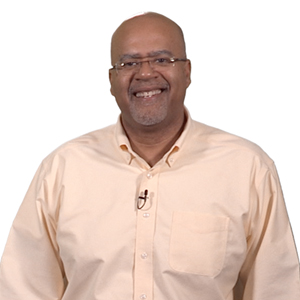
Elihu Professor of Ecology and Evolutionary Biology at Yale University; Professor of Microbiology at Yale School of Medicine
Yale University Continue Reading
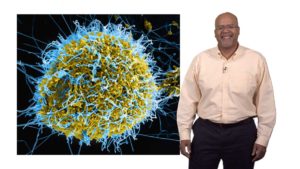
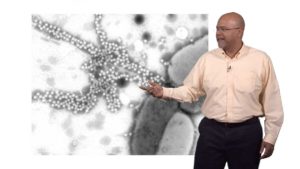
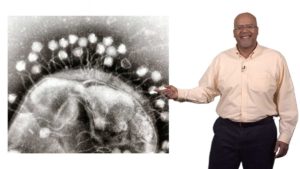
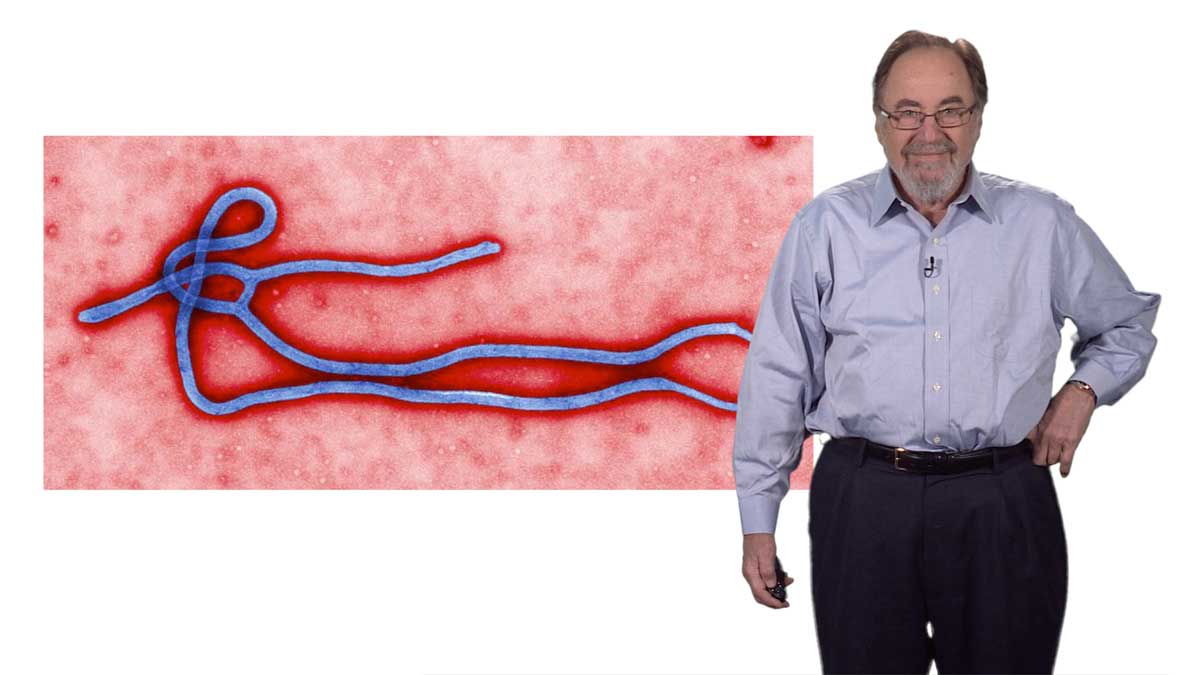
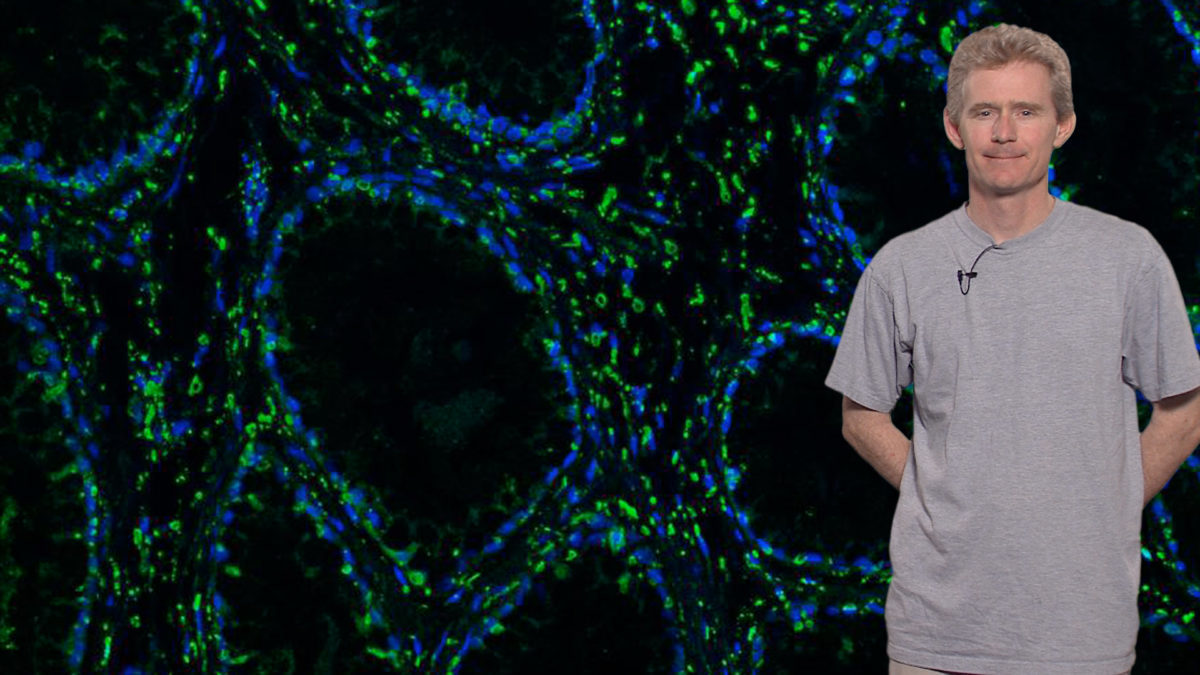
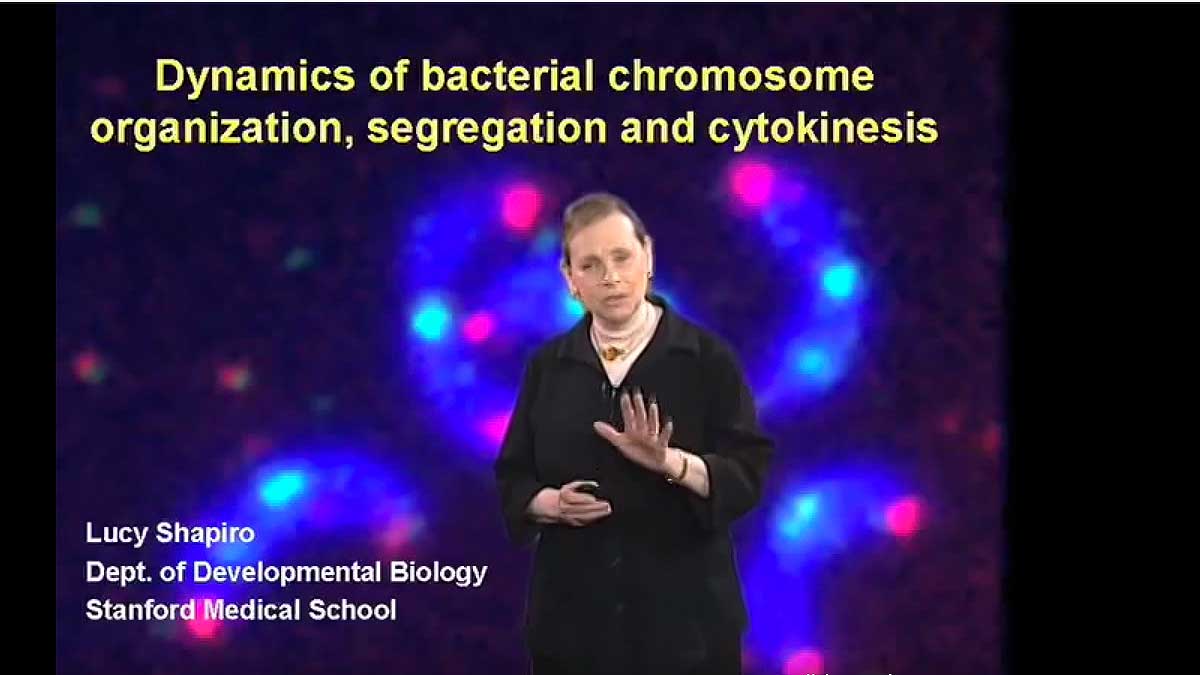
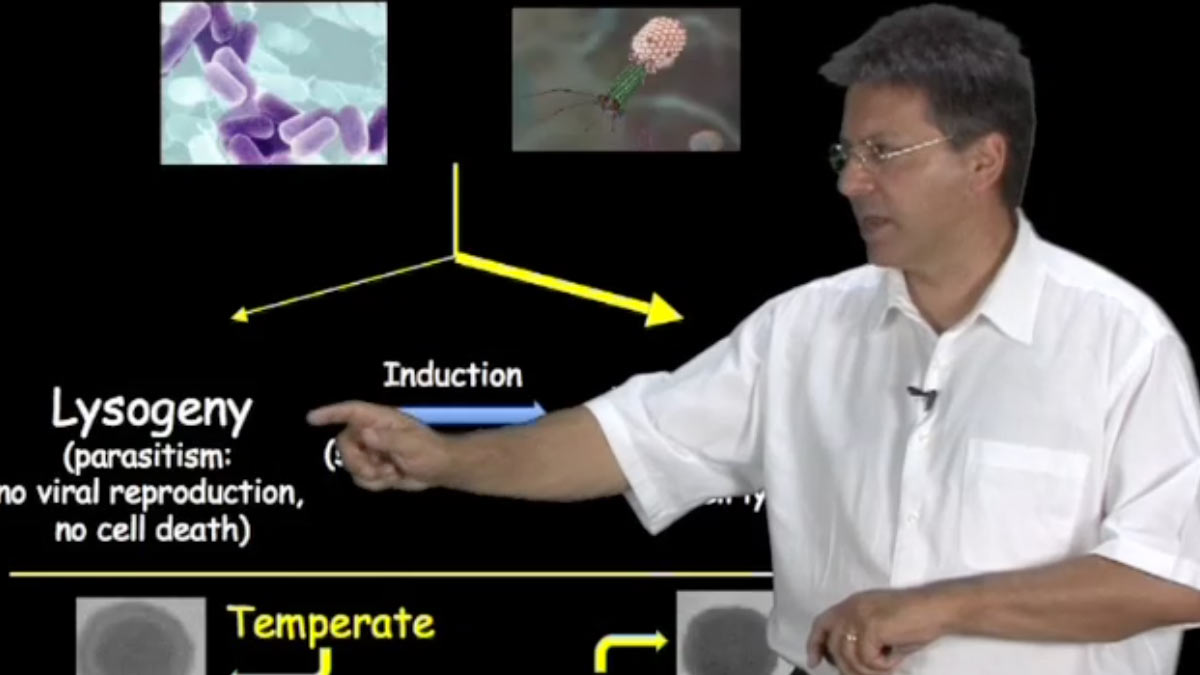




Leave a Reply